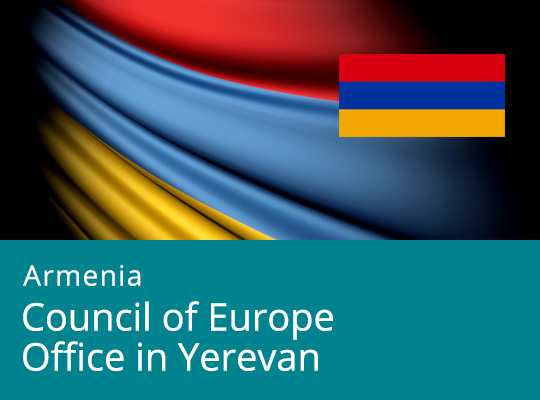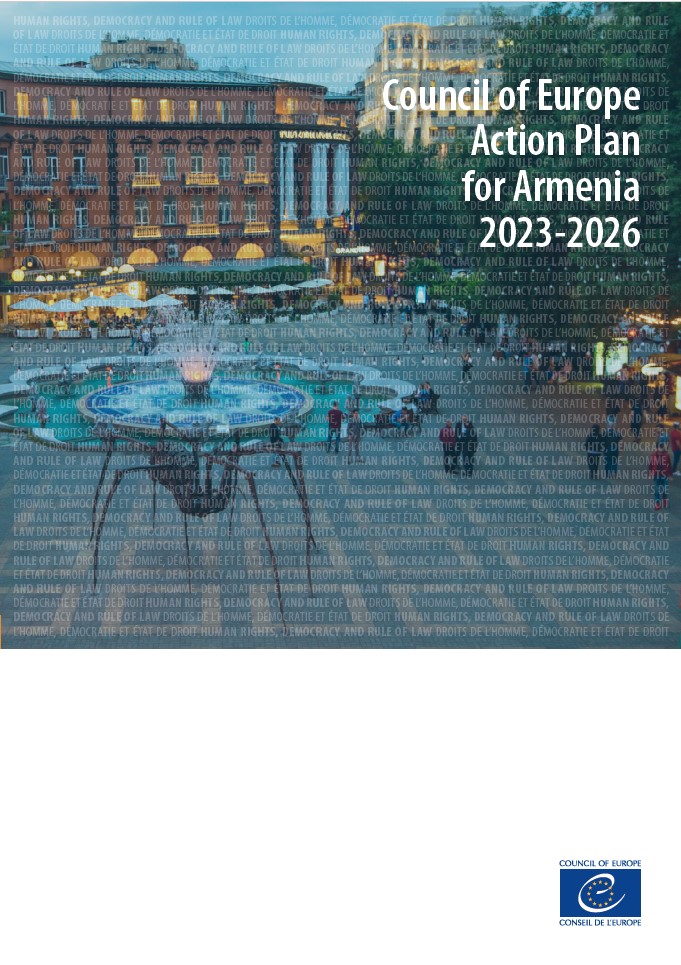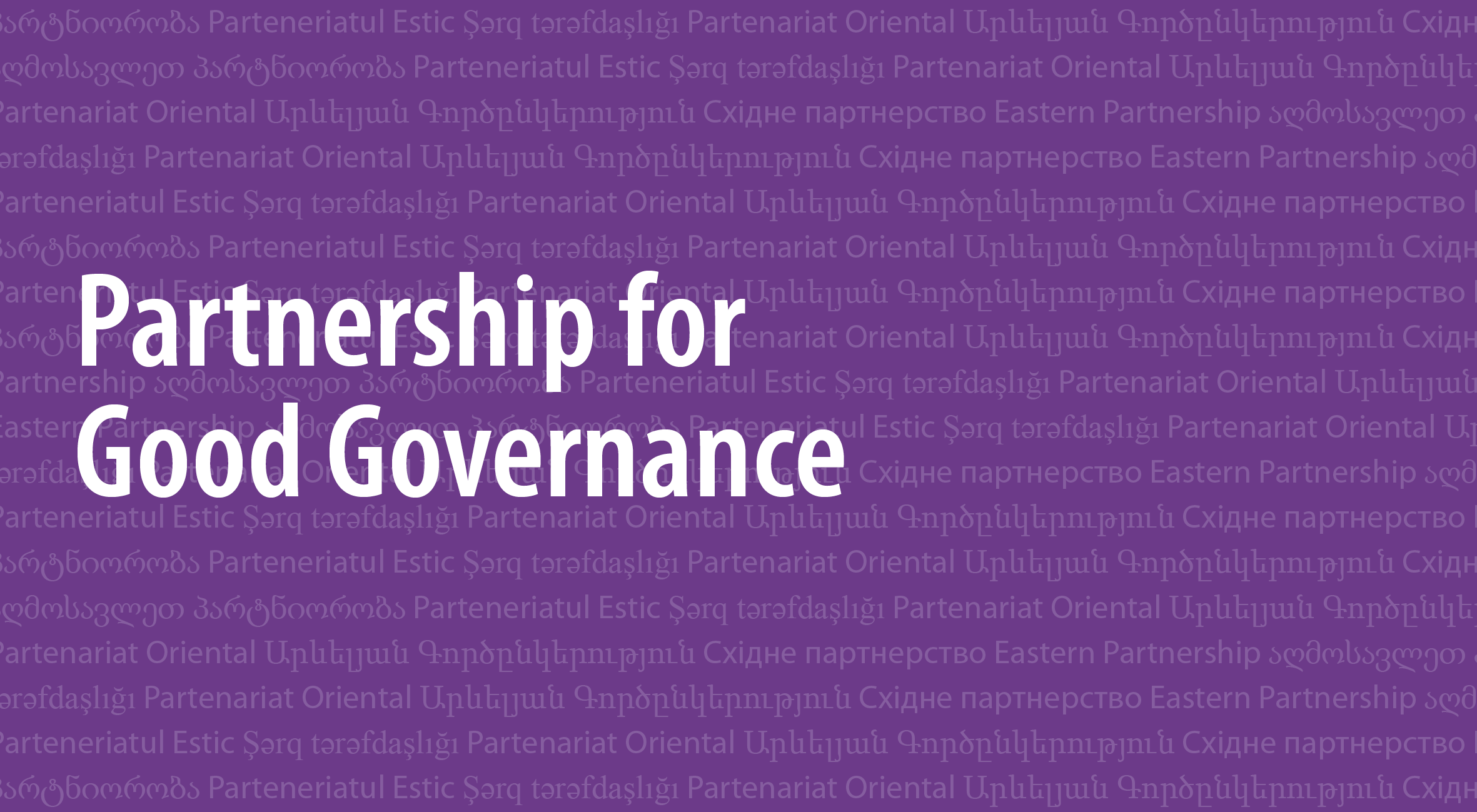Financial institutions and Designated Non-Financial Businesses and Professions (DNFBPs), have significant impact on the fight against money laundering and terrorist financing, as recognized by the Financial Action Task Force (FATF). Although anti-money laundering regulations have traditionally concentrated on financial institutions, designated non-financial businesses and professions (DNFBPs) encompass various industries and professions that are equally vulnerable to exploitation by illicit actors.
To discuss this important topic the Council of Europe in cooperation with the Financial Monitoring Center of the Central Bank of Armenia (FIU of Armenia), organised a three-day training with engagement of over 140 representatives from Financial Institutions and Designated Non-Financial Businesses and Professions (DNFBPs).
The program focused on advancing the expertise of financial institutions and DNFBPs in Anti-Money Laundering (AML), Counter-Terrorist Financing (CTF) compliance, and the implementation of targeted financial sanctions for proliferation and terrorism financing.
The training aimed at familiarising the audience with the main elements of an effective compliance program and risk-based approach specific to these sectors. Typologies and case studies relevant for financial sector and DNFBPs were discussed. Another major objective was to equip participants with practical insights and experience, enabling a proactive approach to identifying, mitigating, and preventing financial crimes within respective sectors.
The aspect of implementing targeted financial sanctions was also addressed during the training sessions, in view of raising awareness on the national regulatory framework, international standards and best practices. Furthermore, the events provided an effective platform for engaging discussions on emerging challenges related to national money laundering and terrorist financing risk assessment (NRA) and effective strategies for applying relevant preventive measures.
The active engagement of national institutions reflects Armenia's proactive approach in aligning its financial and non-financial sectors with the global AML/CTF standards, ultimately contributing to a safer and more secure financial environment in the country.
This event is part of the European Union and the Council of Europe joint programme “Partnership for Good Governance”, co-funded by the European Union and the Council of Europe, and implemented by the Council of Europe, in the framework of the Project on “Enhancing national capacities for effective prevention and fight against economic crime in Armenia”.









